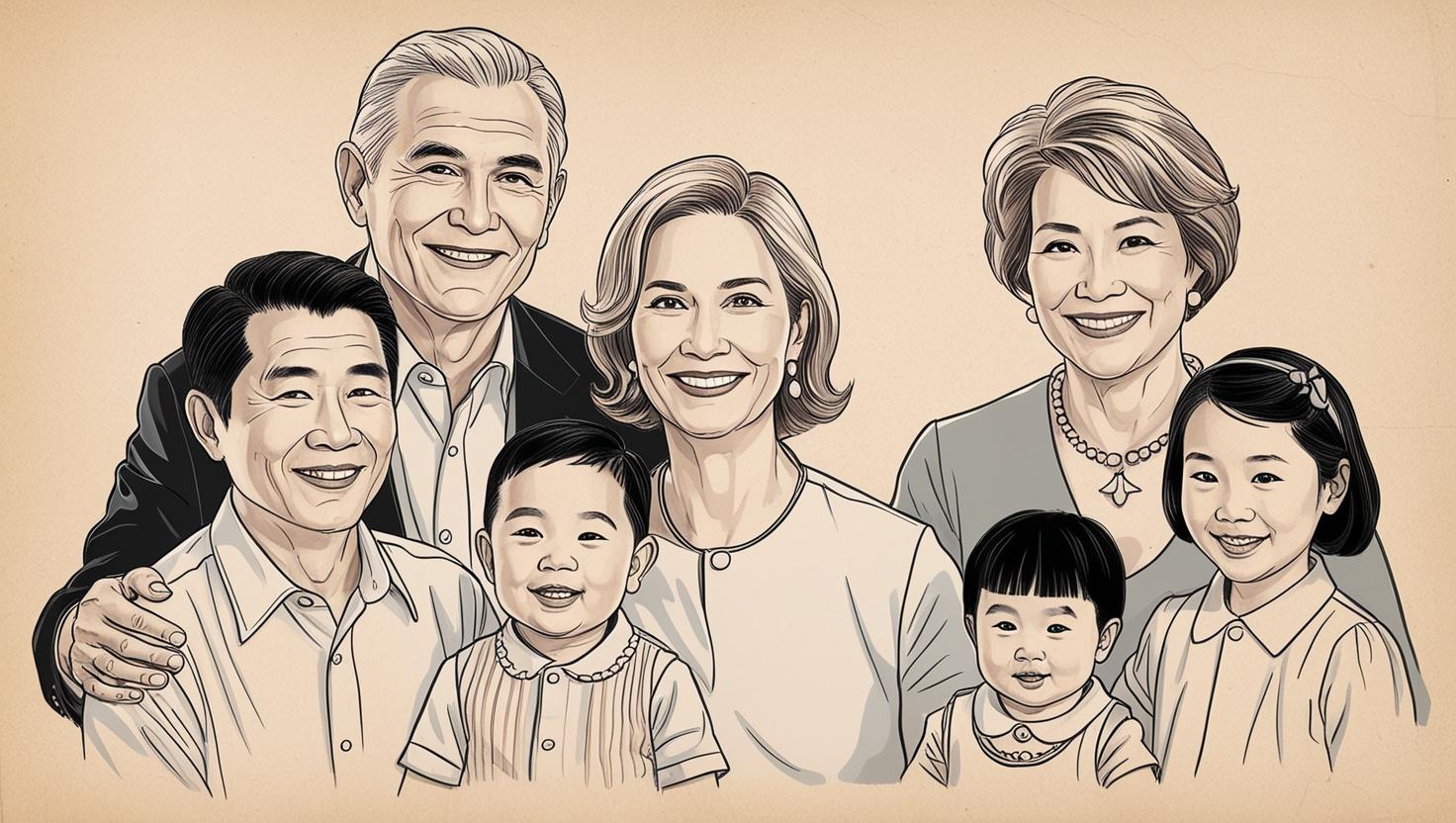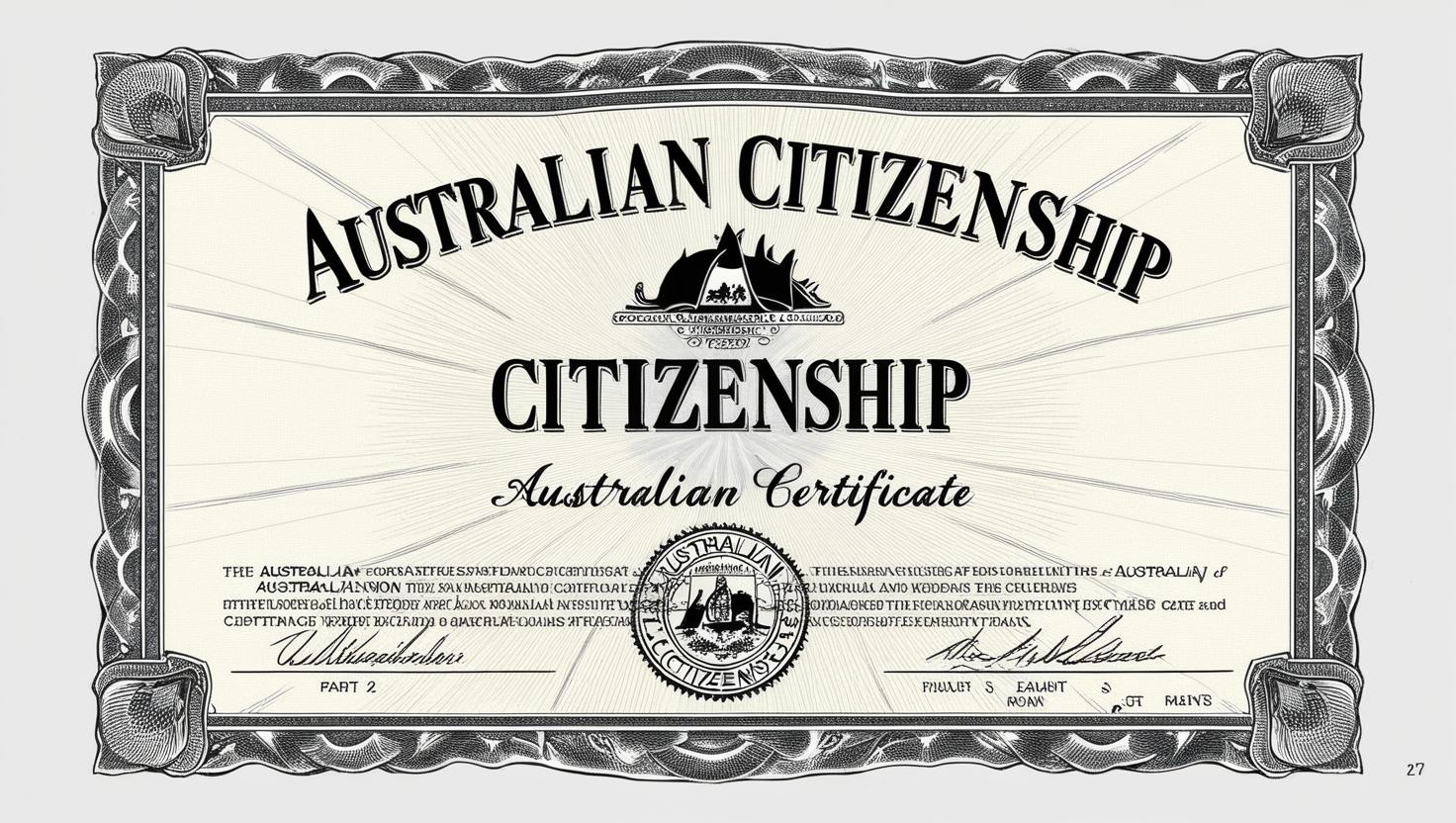
Services

SKILLED VISA
A skilled visa is a type of work visa granted to individuals who possess specific qualifications, work experience, or expertise in high-demand occupations. Many countries offer skilled visas to attract talented professionals who can contribute to their economy and workforce.
SC 189
SC 189 Australia refers to the Skilled Independent Visa (Subclass 189) offered by the Australian government. It is a points-tested permanent residency visa designed for skilled workers who are not sponsored by an employer, state, territory, or family member.
SC 190
SC 190, or the Skilled Nominated Visa (subclass 190), is a permanent residency visa offered by the Australian government for skilled workers who are nominated by an Australian state or territory government. It is part of Australia’s General Skilled Migration (GSM) program.
SC 491
SC 491 (Subclass 491) is an Australian skilled work visa, officially called the Skilled Work Regional (Provisional) Visa. It allows skilled workers and their families to live, work, and study in designated regional areas of Australia for up to 5 years.

GRADUATE VISA
The Graduate Visa (Subclass 485) is a temporary visa in Australia designed for recent graduates from Australian institutions. It allows eligible graduates to live, work, and study in Australia temporarily after completing their studies. The visa is divided into two main streams.
GRADUATE WORK STREAM
For international students who have recently graduated with skills and qualifications related to an occupation on the Medium and Long-term Strategic Skills List (MLTSSL).
POST-STUDY WORK STREAM
For international students who have recently graduated with a higher education degree (Bachelor's, Master's, or Doctorate) from an Australian institution, regardless of their field of study.

WORK/SPONSORED VISA
A work or sponsored visa for Australia allows individuals to live and work in Australia under the sponsorship of an approved employer or through specific skilled migration programs. These visas are typically issued to address skill shortages in the Australian workforce or to fill roles where local talent is unavailable.
TEMPORARY SKILL SHORTAGE (TSS) VISA (SUBCLASS 482)
Allows skilled workers to work in Australia temporarily (up to 4 years) in occupations listed on the relevant Skilled Occupation List. Sponsorship by an approved employer is mandatory.
EMPLOYER NOMINATION SCHEME (ENS) VISA (SUBCLASS 186)
A pathway to permanent residency, for skilled workers nominated by an employer.
REGIONAL SPONSORED MIGRATION SCHEME (RSMS) VISA (SUBCLASS 494)
This visa allows skilled workers to work in regional Australia under the sponsorship of an approved employer.

NURSES REGISTRATION
Nursing registration in Australia and New Zealand is essential for nurses who wish to practice professionally in these countries.
AHPRA (Australian Health Practitioner Regulation Agency)
Handles nursing registration in Australia. Applicants must meet qualifications, English language requirements, and complete the required assessment.
NCNZ (Nursing Council of New Zealand)
Overseas nursing registration in New Zealand. Nurses must demonstrate competency and may need to complete a Competency Assessment Program (CAP) before becoming registered.
Registration in both countries opens opportunities for nurses to work in diverse healthcare settings, contributing to high-quality patient care.

BUSINESS VISA
Australia offers various business visa options for individuals seeking to visit, invest, or establish a business in the country. These visas enable business professionals, investors, and entrepreneurs to engage in business-related activities, such as attending meetings, conferences, exploring investment opportunities, or starting a business venture.
Types of Business Visas in Australia:
Business Visitor Visa (Subclass 600 – Business Stream)
Business Innovation and Investment Visa (Subclass 188)
Business Innovation Stream Investor Stream Significant Investor Stream Entrepreneur Stream
Business Talent (Permanent) Visa (Subclass 132)
Permanent Business Innovation and Investment Visa (Subclass 888)
For holders of the Subclass 188 visa who have successfully met business and investment requirements and seek permanent residency.

VISIT VISA
A Visitor Visa for Australia allows individuals to travel to the country for short-term stays for purposes such as tourism, business visitor activities, or visiting family and friends. Here’s an overview:
TOURIST STREAM
For individuals visiting Australia for a holiday, sightseeing, or visiting family and friends. Can be applied for inside or outside Australia.
BUSINESS VISITOR STREAM
For individuals engaging in business visitor activities like attending conferences, negotiations, or short-term business meetings. This stream does not permit working in Australia.
SPONSORED FAMILY STREAM
For individuals visiting family members. Requires a formal sponsorship from an eligible family member in Australia and may involve a security bond.
APPROVED DESTINATION STATUS STREAM
Specifically for organized tours from certain approved travel agents in China.
FREQUENT TRAVELER STREAM
Available for eligible Chinese citizens who need to travel frequently to Australia for tourism or business.

FAMILY VISA
A Family Visa in Australia is designed to enable Australian citizens, permanent residents, or eligible New Zealand citizens to sponsor family members to live, work, and study in Australia. These visas facilitate family reunification and come in various categories to accommodate different types of relationships. Below is an overview:
PARTNER VISA
For spouses, de facto partners, or prospective marriage partners (fiancés). Categories include:
Subclass 820/801 (Onshore Partner Visa)
Subclass 309/100 (Offshore Partner Visa)
Subclass 300 (Prospective Marriage Visa)
Allows the applicant to live with their partner in Australia and eventually gain permanent residency.
PARENT VISA
For parents of Australian citizens or permanent residents.
Subclass 103 (Parent Visa) – permanent visa with a long processing time.
Subclass 804 (Aged Parent Visa) – for older parents eligible for onshore application.
Contributory Parent Visas (Subclasses 143/173 or 864/884) – faster processing but higher costs.
CHILD VISA
For biological, adopted, or stepchildren of Australian citizens or permanent residents. Categories include:
Subclass 101 (Offshore Child Visa)
Subclass 802 (Onshore Child Visa)
Grants the child permanent residency in Australia.

CITIZENSHIP
Australian citizenship is the final step in becoming a full member of the Australian community. It grants individuals the right to vote, apply for an Australian passport, and access government services. Citizenship can be obtained through:
Birth in Australia (if at least one parent is an Australian citizen or permanent resident)
Permanent residents applying after meeting residency and character requirements
Children of Australian citizens born overseas
Special eligibility pathways, incl
uding citizenship by descent or conferral
Becoming an Australian citizen represents a commitment to the nation’s values, laws, and opportunities.
 Australia
Australia India
India New Zealand
New Zealand Canada
Canada UK
UK Germany
Germany